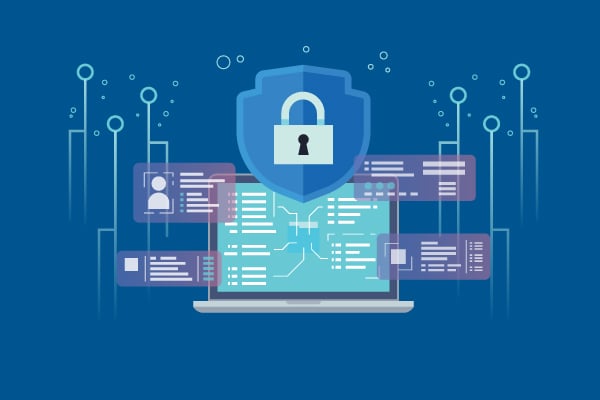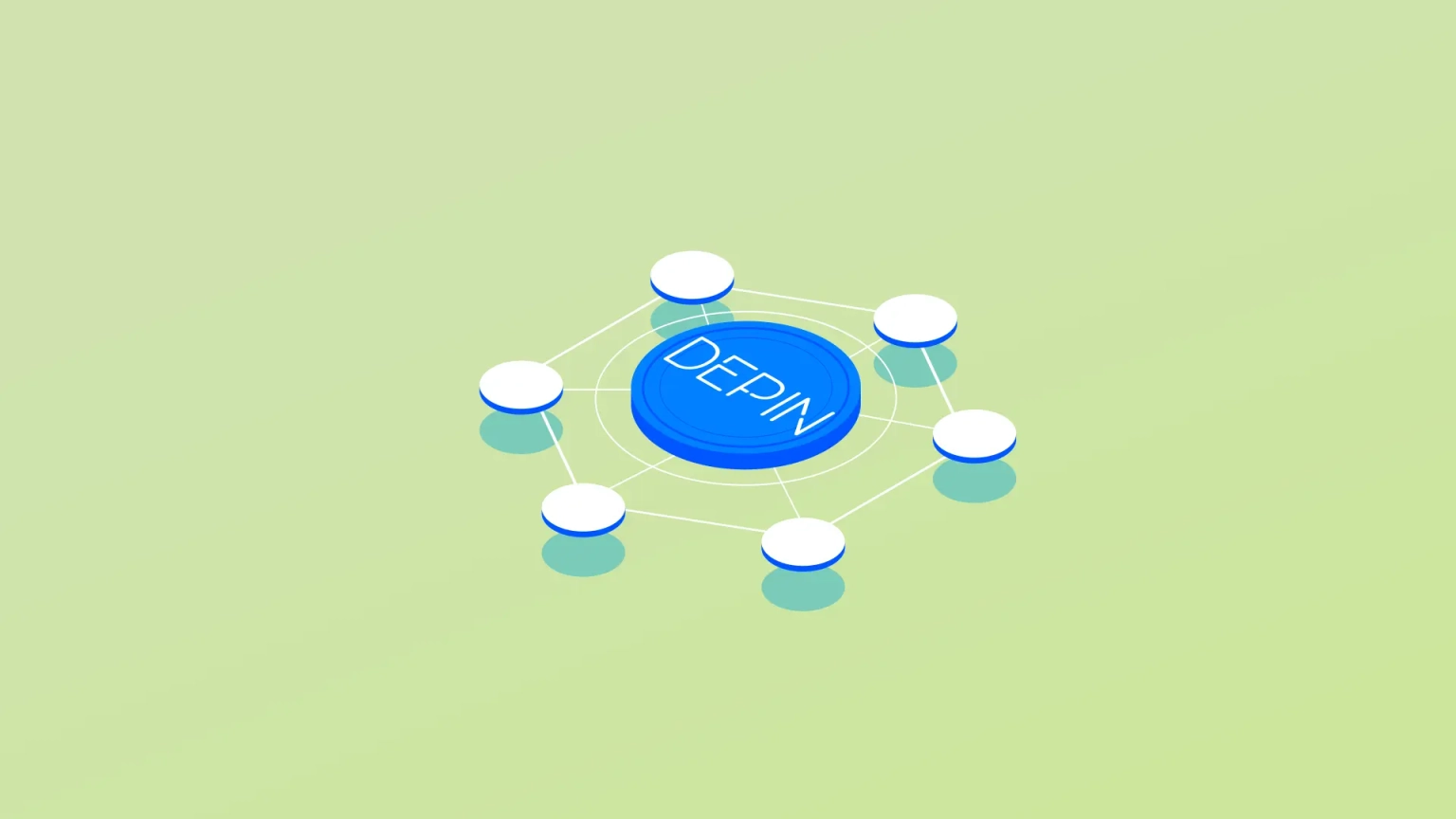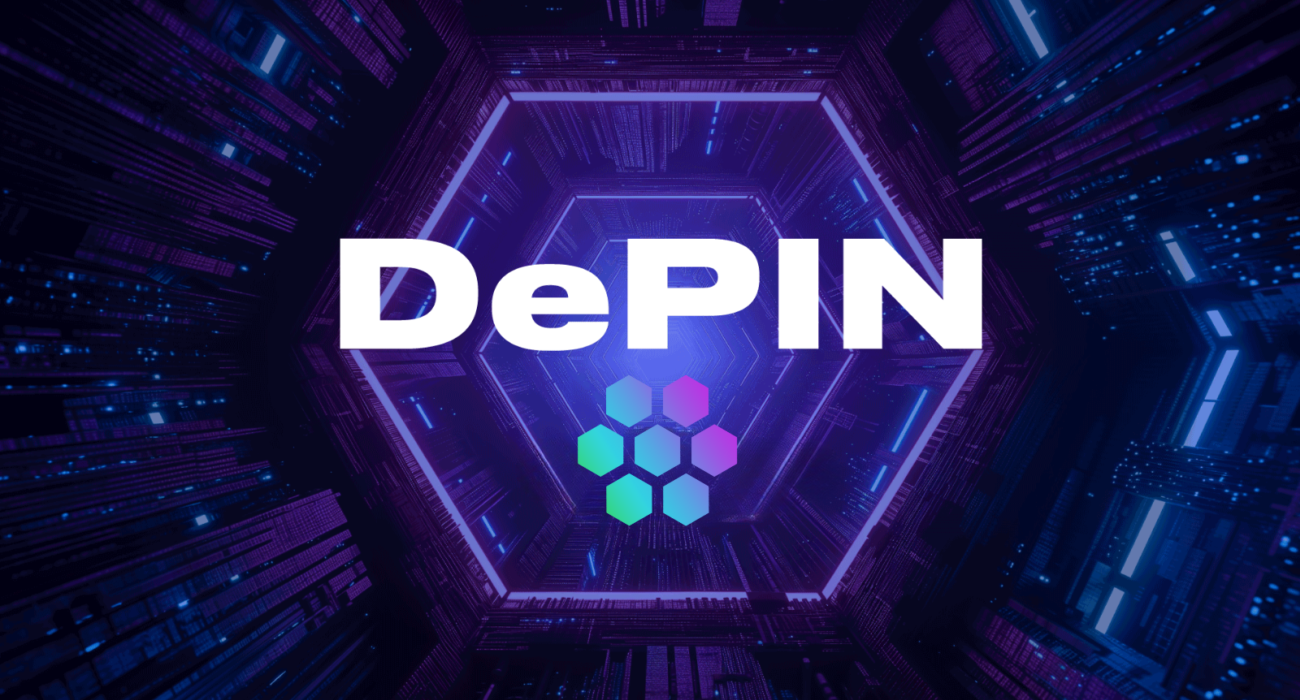How DePIN Enhances Security in Blockchain Applications. In the rapidly evolving digital landscape, security remains a paramount concern, particularly in the realm of blockchain technology. Decentralized Privacy Infrastructure Network (DePIN) emerges as a robust solution to these concerns, offering enhanced security measures that fortify blockchain applications. This blog explores how DePIN enhances security in blockchain applications, emphasizing its pivotal role in shaping a secure digital future.
Understanding DePIN
DePIN, or Decentralized Privacy Infrastructure Network, is a cutting-edge framework designed to bolster the privacy and security of decentralized networks. It leverages advanced cryptographic techniques and decentralized storage solutions to safeguard data and transactions within the blockchain ecosystem.
Role of DePIN in Decentralized Networks
DePIN plays a crucial role in decentralized networks by providing a secure, private, and resilient infrastructure. It ensures that data is not only protected from unauthorized access but also remains integral and tamper-proof. This is achieved through a combination of cryptographic encryption, decentralized storage, and robust consensus mechanisms.
Key Features that Distinguish DePIN
What sets DePIN apart is its comprehensive approach to security. Key features include:
- Advanced cryptographic techniques
- Decentralized data storage
- Secure smart contracts
- Robust consensus mechanisms These features work in tandem to create a secure and private environment for blockchain applications.
Importance of Security in Blockchain
Overview of Security Challenges in Blockchain Applications
Despite the inherent security advantages of blockchain technology, it is not impervious to threats. Common challenges include:
- Smart Contract Vulnerabilities: Bugs or exploits in smart contracts can lead to significant losses.
- Phishing and Social Engineering: These tactics can trick users into revealing sensitive information.
Examples of Security Breaches in Traditional and Blockchain Systems
Numerous high-profile security breaches highlight the vulnerabilities in both traditional and blockchain systems. For instance:
- The 2016 DAO hack, where $60 million worth of Ether was stolen due to a flaw in the smart contract.
- Equifax data breach in 2017, exposing personal information of 147 million people. These examples underscore the critical need for enhanced security measures.
The Need for Enhanced Security Measures
To foster trust and ensure the longevity of blockchain applications, enhanced security measures are imperative. This is where DePIN comes into play, offering robust solutions to address these challenges.
How DePIN Enhances Security
Decentralized Data Storage
DePIN employs decentralized storage mechanisms, ensuring data is distributed across multiple nodes rather than being stored centrally. This decentralization:
- Prevents Data Breaches: By eliminating single points of failure.
- Ensures Data Integrity: Through replication and distribution across the network.
Cryptographic Techniques
Cryptography is at the heart of DePIN’s security framework. It:
- Secures Transactions: By encrypting data, making it accessible only to authorized parties.
- Protects Data: Using advanced encryption standards to prevent unauthorized access.
Smart Contract Security
Smart contracts are integral to blockchain applications. DePIN enhances their security by:
- Auditing and Verification: Ensuring contracts are free from vulnerabilities.
- Secure Execution: Using cryptographic techniques to guarantee the integrity of contract execution.
Protect your future with DePIN. Invest in SRP Coin for secure, decentralized transactions and peace of mind
Consensus Mechanisms
DePIN leverages robust consensus mechanisms to maintain network integrity. These mechanisms:
- Prevent Malicious Attacks: By requiring consensus among multiple nodes.
- Ensure Transaction Validity: Through decentralized verification processes.
Real-World Applications of DePIN in Enhancing Security
Financial Services
In the financial sector, DePIN enhances the security of transactions by:
- Securing Financial Data: Through encryption and decentralized storage.
- Preventing Fraud: Using cryptographic verification to ensure transaction authenticity. Case studies include decentralized finance (DeFi) platforms that have successfully integrated DePIN to protect user funds and data.
Supply Chain Management
DePIN improves transparency and security in supply chains by:
- Tracking Goods: Using blockchain to provide an immutable record of the journey of goods.
- Ensuring Authenticity: Through cryptographic verification of transactions. Real-world implementations include companies using DePIN to authenticate and track the origin of products, ensuring their integrity and quality.
Healthcare Data Security
Protecting sensitive healthcare information is critical. DePIN achieves this by:
- Securing Patient Data: Using encryption to protect data privacy.
- Ensuring Data Integrity: Through decentralized storage and cryptographic techniques. Examples include healthcare providers using DePIN to safeguard patient records and ensure data remains confidential and tamper-proof.
IoT Security
The Internet of Things (IoT) presents unique security challenges. DePIN addresses these by:
- Securing IoT Networks: Using decentralized authentication and encryption.
- Preventing Unauthorized Access: Through robust access control mechanisms. Examples include smart home systems and industrial IoT networks that have integrated DePIN to enhance security and protect against cyber threats.
Benefits of Using DePIN for Security
Enhanced Privacy
DePIN ensures data privacy by:
- Encrypting Data: Making it accessible only to authorized parties.
- Decentralizing Storage: Preventing unauthorized access and breaches.
Resilience Against Attacks
DePIN provides resilience against cyber attacks by:
- Eliminating Single Points of Failure: Through decentralized infrastructure.
- Preventing Common Threats: Using cryptographic techniques to secure data and transactions.
Improved Trust and Transparency
DePIN builds trust and transparency by:
- Providing Immutable Records: Ensuring data integrity and authenticity.
- Enhancing Accountability: Through transparent and verifiable transactions.
Challenges and Future Developments
Scalability Issues
DePIN faces scalability challenges due to the decentralized nature of the network. Potential solutions include:
- Sharding: Dividing the network into smaller, more manageable pieces.
- Layer 2 Solutions: Using off-chain transactions to reduce the load on the main network.
Regulatory and Compliance Challenges
Navigating the regulatory landscape is complex. DePIN must:
- Ensure Compliance: With data protection laws and regulations.
- Adapt to Changing Regulations: By staying flexible and responsive to new legal requirements.
Emerging Trends
Innovations in DePIN technology include:
- Quantum-Resistant Cryptography: Developing encryption methods resistant to quantum computing.
- Advanced Consensus Mechanisms: Improving the efficiency and security of consensus processes. These trends indicate a promising future for DePIN in enhancing blockchain security.
Conclusion
In conclusion, DePIN Enhances Security in Blockchain Applications decentralized storage, advanced cryptographic techniques, and robust consensus mechanisms, DePIN addresses the critical security challenges faced by blockchain applications. As the digital landscape continues to evolve, understanding and adopting DePIN will be crucial for ensuring the security, privacy, and integrity of decentralized networks. The future of blockchain technology is undoubtedly intertwined with the advancements brought by DePIN, making it an essential component of secure and trustworthy digital systems.

 China
China Russia
Russia India
India









